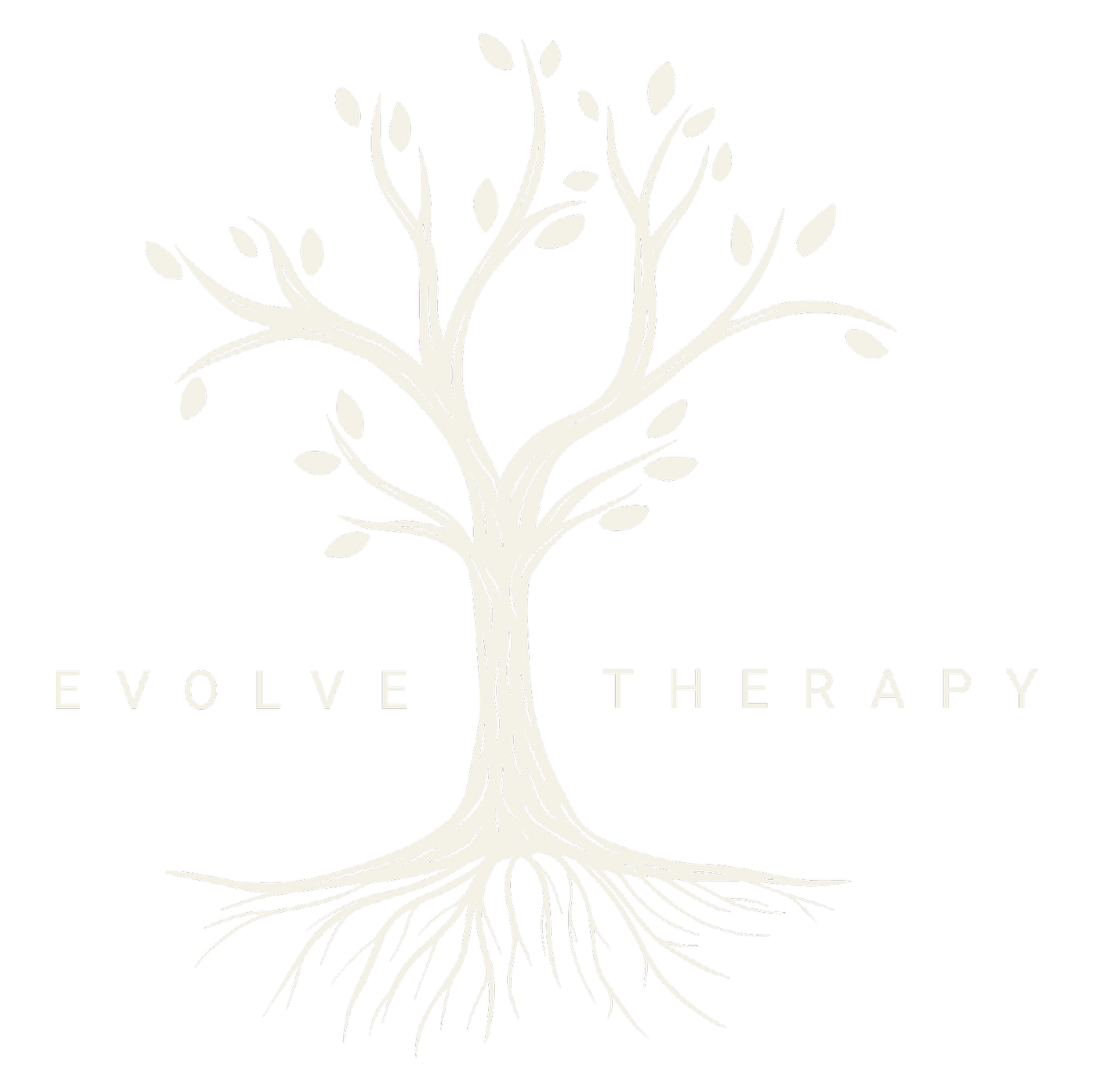The Connection Between Sleep and Mental Health
TL;DR
Sleep and mental health are deeply connected.
Poor sleep worsens anxiety, depression, and trauma symptoms.
Good sleep boosts mood, focus, and resilience.
Therapy can help break the cycle of insomnia and emotional stress.
Therapy Intensives are a powerful option for accelerated progress.
If you’ve ever spent a night tossing and turning, you know how much poor sleep can affect your mood the next day. Sleep struggles are incredibly common, and they’re not just about feeling groggy. The connection between sleep and mental health is powerful: when your sleep suffers, your emotional balance, focus, and overall well-being take a hit.
At Evolve Therapy, I specialize in trauma therapy and therapy intensives that help clients break patterns of anxiety, stress, and exhaustion — often including disrupted sleep. Whether you’ve been lying awake at 3 a.m. replaying the day or waking up already anxious, you’re not alone. And there are ways to change this cycle.
How Sleep Impacts Mental Health
Sleep isn’t just downtime — it’s essential for emotional regulation, memory processing, and nervous system balance. Research shows that consistent, high-quality sleep can:
Boost mood and reduce irritability
Improve focus and problem-solving skills
Strengthen emotional resilience
Help regulate the stress response in your nervous system
When sleep is restorative, your brain can process daily stress and stabilize your mood. Studies show that people who consistently get 7–9 hours of quality sleep report better mental health outcomes, stronger relationships, and improved overall life satisfaction.
Sleep is also crucial for trauma recovery. During deep sleep, the brain works on memory consolidation, which can help reduce the intensity of intrusive memories or emotional triggers. When sleep is disrupted, the brain doesn’t get the chance to do this important work.
How Mental Health Affects Sleep
Of course, the relationship goes both ways. Anxiety, trauma, depression, and chronic stress can disrupt sleep cycles — leaving you exhausted even when you “should” feel rested. Many of my clients describe:
Racing thoughts that make it hard to fall asleep
Nightmares or vivid dreams tied to past trauma
Waking up in the middle of the night with a sense of panic
Feeling unrested, no matter how many hours they sleep
When your nervous system is stuck in hyperarousal (fight-or-flight) or hypoarousal (shutdown), it’s almost impossible to access the calm state that allows for sleep. This cycle can be frustrating: poor sleep worsens anxiety and mood, which then makes it even harder to get restorative rest. Without help, it can feel like an endless loop.
Case Vignette: Breaking the Cycle with Intensives
Recently, I worked with a client who came in for a two-day therapy intensive. She had been struggling with chronic stress, poor sleep, and the exhaustion that comes with “pushing through” every day.
In our intensive, we worked on nervous system regulation tools, explored underlying trauma patterns, and created a personalized plan for her evenings. Afterward, she shared how “beneficial” the intensive was — saying she already felt more rested, more clear-headed, and more hopeful. She realized that while there was still work to do, she was finally on the right path. She even scheduled additional sessions because she felt the difference so quickly.
This is the power of focused, trauma-informed work: when you address the root causes, sleep begins to shift, too.
Strategies for Better Sleep
While therapy provides deeper healing, there are also practical steps you can try right now:
Create a calming routine: Dim lights, read a book, or take a warm shower before bed.
Limit screen time: Turn off phones, TVs, and laptops at least 30 minutes before sleep.
Use grounding tools: Breathing exercises, progressive muscle relaxation, or guided imagery can help calm the nervous system.
Keep a consistent schedule: Going to bed and waking up at the same time each day supports your natural circadian rhythm.
Try journaling before bed: Writing down your thoughts can clear mental clutter that keeps you awake.
Small shifts add up, and when combined with therapy, they can help you reclaim sleep as a source of restoration instead of stress.
FAQ: Sleep & Mental Health
1. Can trauma cause sleep problems?
Yes. Trauma often keeps the nervous system in a heightened state of alert, leading to nightmares, night sweats, or trouble falling asleep.
2. What therapy helps with insomnia?
Trauma-informed therapy, DBR, Polyvagal Theory, mindfulness-based approaches, and CBT are all effective approaches. At Evolve Therapy, I use trauma-focused modalities to help address the root causes behind poor sleep.
3. How long does it take to improve sleep with therapy?
It varies. Some clients notice improvement after just a few sessions or intensives, while others need longer-term work depending on the depth of trauma and stress involved.
4. Can anxiety and depression make sleep worse?
Absolutely. Both conditions can disrupt sleep cycles, which in turn can worsen symptoms. Addressing both mental health and sleep together is the most effective approach.
Related Reading
If sleep challenges are connected to bigger patterns of stress and burnout, you may also want to read my blogs on:
Therapy for Better Sleep and Mental Health
If you’ve been stuck in the cycle of poor sleep and worsening mental health, you don’t have to go through it alone. Therapy can help address both the emotional root causes and the nightly frustrations that come with insomnia or disrupted rest.
At Evolve Therapy, I offer both weekly sessions and therapy intensives for clients who want focused, accelerated progress. Together, we can help you find real rest—and with it, more energy, clarity, and peace.
Takeaways
Sleep and mental health influence each other in a two-way cycle.
Anxiety, trauma, and depression often show up in disrupted sleep.
Therapy, including intensives, can help restore balance.
Simple daily practices can improve sleep right away.
You don’t have to keep pushing through exhaustion — support is available.
About the author
Beth Freese, LPC, is a trauma and anxiety therapist specializing in EMDR and Deep Brain Reorienting (DBR). She offers virtual therapy and in-person intensives in Arizona and Connecticut, helping clients move beyond overwhelm and reconnect with themselves.




